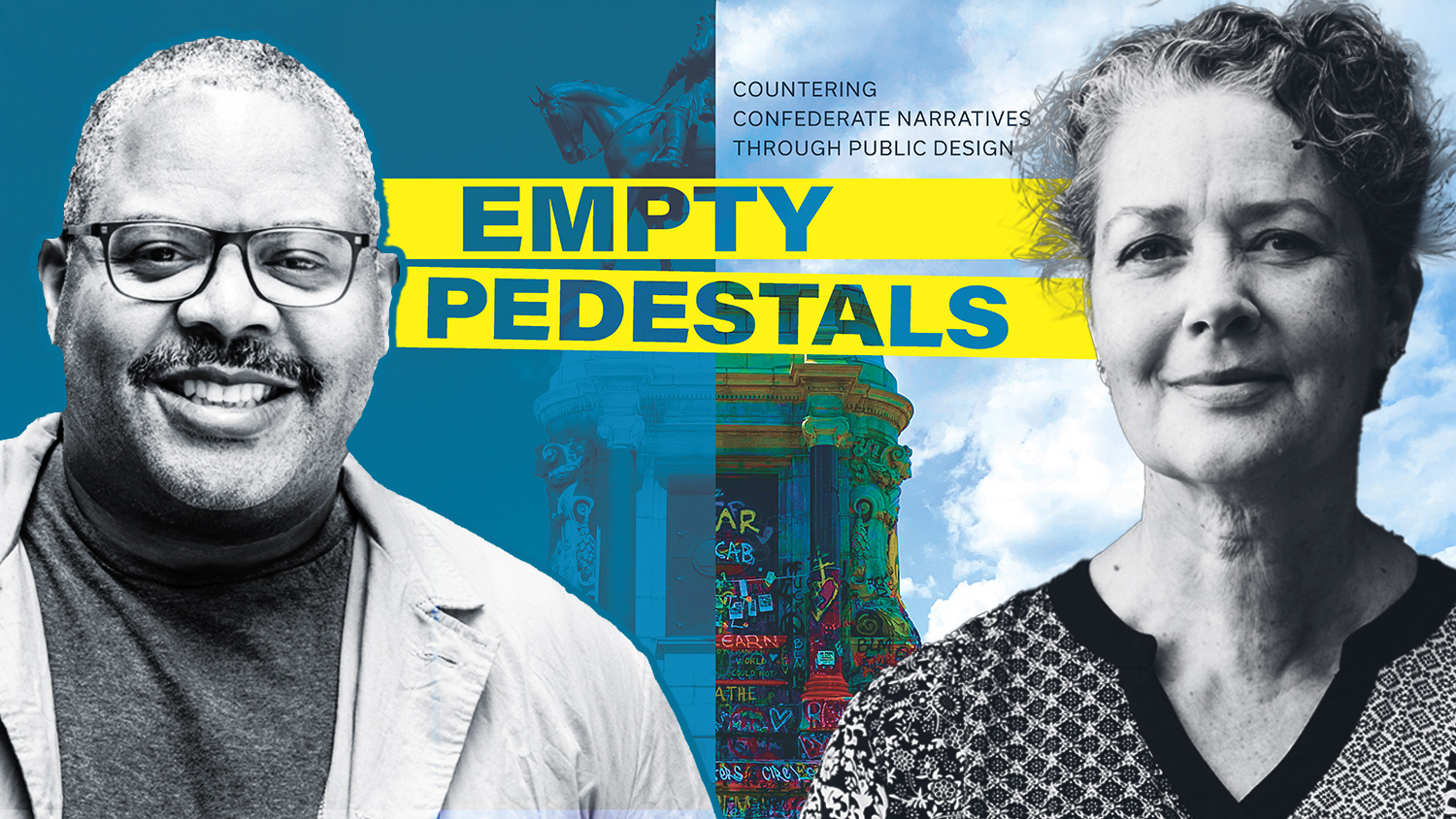Landscape Architecture + Environmental Planning
Our LAAB-accredited program prepares graduate students for the demands of professional practice, research, leadership and community engagement. Students combine critical design thinking with technical and theoretical principles, applying their knowledge and skills to solve real-world spatial challenges.
The Master of Landscape Architecture (MLA) is a STEM-designated degree and fully accredited program that prepares graduate students for the rigors of professional practice, research, leadership, and community engagement. Students combine critical design thinking with creativity, and passion to address a range of landscape architecture and environmental planning projects. For the program’s metrics and Fact Sheet, click here.

Our mission is to inspire and guide design students in their scholarship and application of landscape architecture through design solutions focused on social and environmental principles impacting communities across multiple scales and global territories.
We prepare the next generation of landscape architects to engage in challenges and opportunities focused on:
- Landscape dynamics and resilient design;
- Community planning and design;
- Design for children and families;
- Research and evidence-based design strategies;
- Emerging digital design tools for representation, simulation, and evaluation.
Graduate Landscape Architecture
The Master of Landscape Architecture (MLA) is a STEM-designated degree and LAAB-accredited program that prepares graduate students for the rigors of professional practice, research, leadership, and community engagement. Our students, faculty, and local design community seek to understand the impact of human actions on the land and to respond with community-based design strategies. We are dedicated to teaching, researching, and practicing design processes that acknowledge the interdependence of built landscapes and ecological, social, and economic systems.
The department offers three main academic curriculum tracks:
- First Professional Master’s of Landscape Architecture (Track III)
- First Professional Master’s of Landscape Architecture, Advanced Standing (Track II)
- Post-Professional Degree (Track I)
The first half of the academic program prepares students for the current practice and discipline of landscape architecture. It equips them with the core knowledge base, tools, processes, and skills in design, site works, history and theory, planning, research and the culture of professional practice.
The second half of the academic program propels students into the profession and discipline of the future that they will help evolve and lead. It positions students to pursue substantive inquiry into their own, those of the faculty, and those of the larger extended community. Students master bodies of knowledge, pursue evidence-based research, and hone verbal, written, and graphic communication skills.
Throughout their program of study, students combine critical design thinking talents with their intelligence, creativity, and passions to frame, engage and challenge the questions, problems, and situations of landscape that involve health, safety, wellbeing, and quality of life.
The department also offers the following certificates and programs:
- Graduate Minors and Certificate Programs
Graduate minors are available to all students and consist of nine credit hours of courses, in another graduate degree-granting discipline, listed as 400-level or above. A member of that degree’s faculty may serve as a third member of the student’s final project committee. Certificates offered in GIS, Public Policy and Horticultural Science may be of particular interest. Please visit the Graduate Minors and Certificate Page for more information.
Graduate Certificate in City Design
Studios and seminars focus on the challenges, and opportunities facing communities and cities in the 21st century, with a particular emphasis upon principles of sustainability and urban ecology.
Learn more
Disaster Resilient Policy, Engineering and Design Certificate
This certificate aims to educate the next generation of practitioners and scholars to apply knowledge gained in the classroom and in the field to reduce the rise in disaster losses and assist communities to adapt to a changing climate.
Learn more
Undergraduate Minor in Landscape Architecture
While we no longer offer a Bachelor of Landscape Architecture, it is possible for NC State University undergraduate students to take certain landscape architecture courses as electives.
Learn more
- Inter-Institutional Study
Students at NC State University may also register for courses at local universities (UNC–Chapel Hill, UNC-Greensboro, and Duke University) paying NC State University credit fees. Our students have an exceptional range of courses and programs open to them through these inter-institutional study opportunities. Students may also take courses at the other Raleigh colleges that are members of the Cooperating Raleigh Colleges organization. Please visit the Inter-Institutional Study Page for more information.
Follow Landscape Architecture + Environmental Planning on Instagram!
See Student Work
See more examples of student work here: Department of Landscape Architecture and Environmental Planning Student Work


































